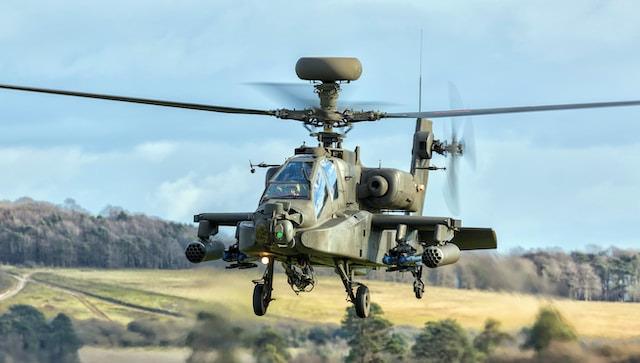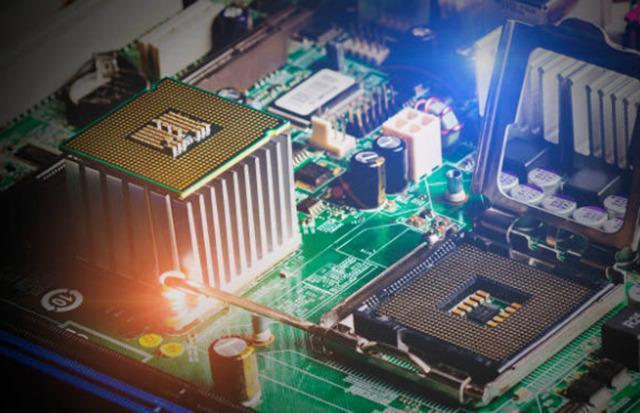In the crucible of 2023, the Israeli-Palestinian conflict erupted with heightened intensity, unveiling deep-seated tensions. As the sparks of modern warfare ignited, a pivotal facet emerged—the role of military chips.

In the intricate web of modern warfare, military chips emerge as linchpins, underpinning strategic superiority. These chips encompass a spectrum of types, from microprocessors powering weapon systems to specialized chips in cyber defense.
Microprocessors embedded in weaponry facilitate real-time data analysis, bolstering precision and agility on the battlefield. Signal processing chips optimize communication, ensuring seamless coordination among military units.
In the realm of cyber warfare, cryptographic chips play a paramount role in safeguarding sensitive information from adversarial infiltration. These chips employ advanced encryption algorithms, fortifying digital defense mechanisms.

Moreover, artificial intelligence (AI) chips empower autonomous systems, enhancing decision-making speed and adaptability in dynamic combat scenarios. Radar and sensor fusion chips enable advanced sensing capabilities, providing a comprehensive understanding of the battlespace.
In conclusion, the multifaceted nature of military chips spans microprocessors, signal processors, cryptographic chips, AI chips, and more. Their convergence defines the modern arsenal, elevating the efficiency and resilience of armed forces.

